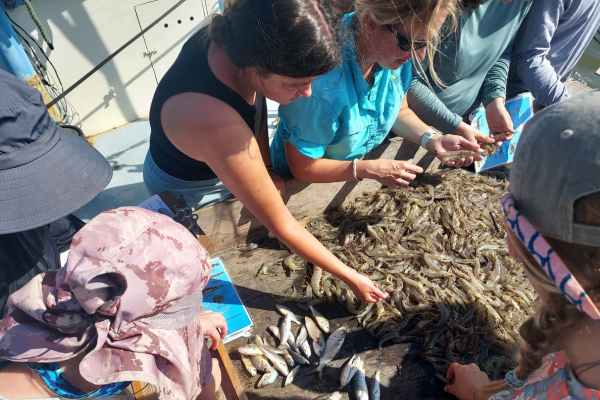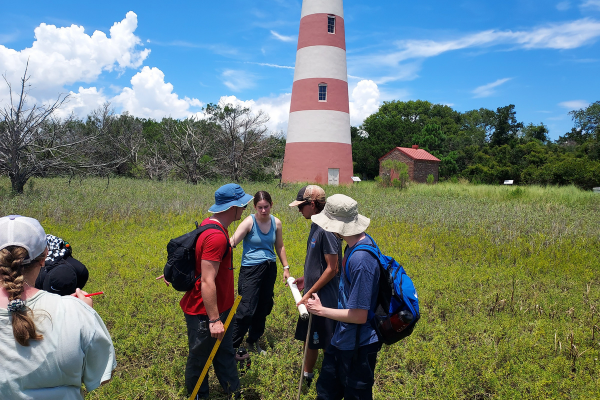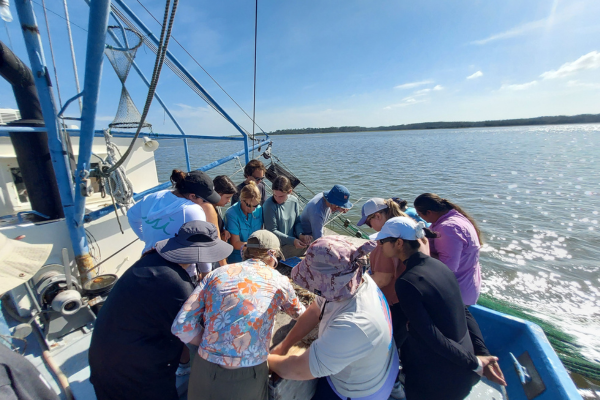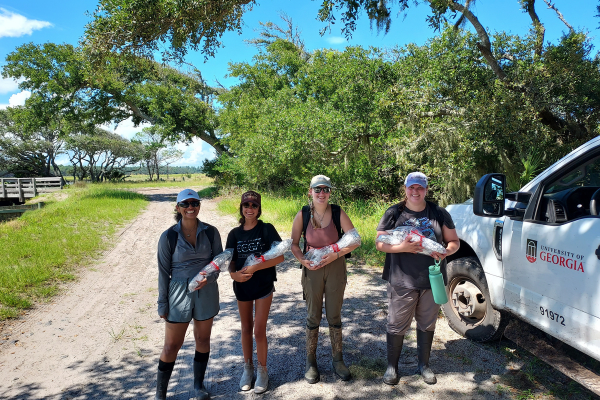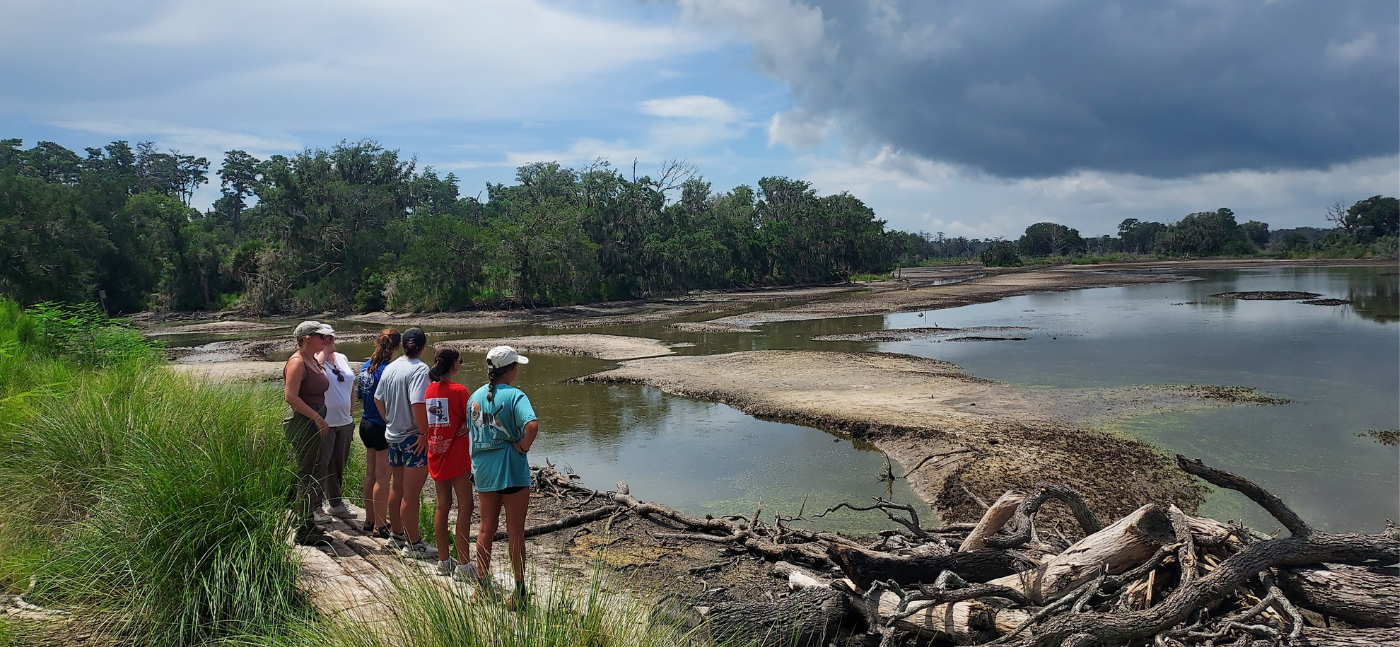- Home
- Academics
- School of Arts and Sciences
- Environmental Science
- Environmental Science Summer Happenings
Environmental Science Summer Happenings
Maymester
In May, students embarked on a three-week field tour of Georgia as part of the Soil Morphology, Classification, and Mapping course. Through digging numerous holes, they gained insights into soil formation, characterization, and the role soils play in agriculture and urban environments. Trip highlights included exploring hydric soils in the Okefenokee Swamp, analyzing soil erosion in Providence Canyon, discussing contaminated soil at the Southside Chattanooga Lead Superfund Site, and examining restored soils in northern Georgia. Additionally, students honed their outdoor skills and conquered fears by jumping into deep springs, exploring wild caves, and navigating whitewater rapids.
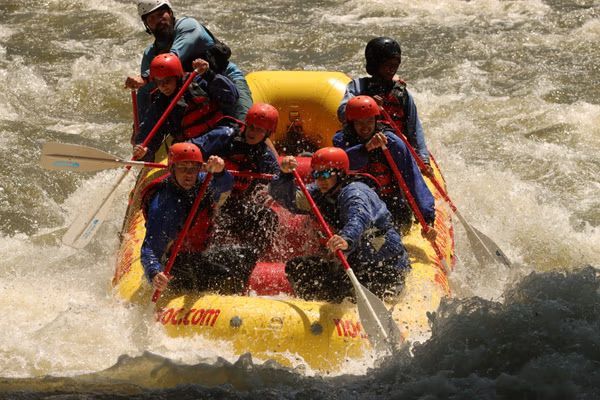
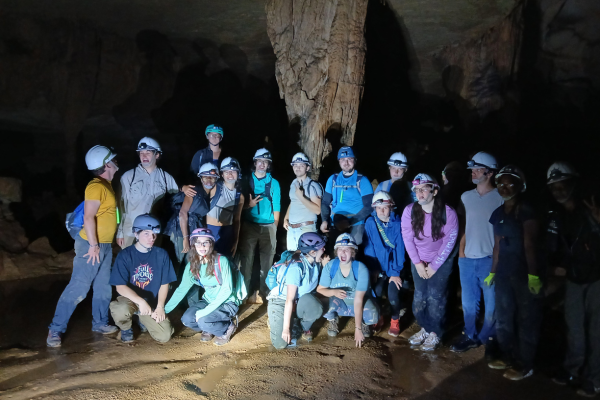
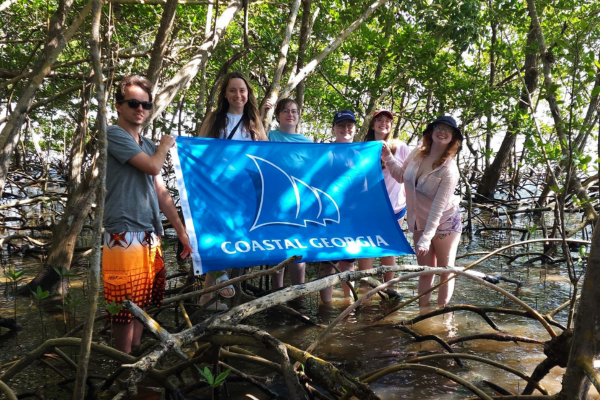
Everglades
In March, twenty students packed into two vans and journeyed south to trace the path of the world’s widest river: The Everglades. Beginning at Sweetwater Wetlands Park in Gainesville, Florida, they observed how wetlands can naturally improve water quality as effectively as traditional wastewater treatment plants. The trip culminated at Big Cypress Institute, where students waded chest-deep into the Everglades for an up-close experience of the ecosystem. Despite the nearly constant rain, the adventure through one of the world’s natural wonders made learning fun and unforgettable. The trip was sponsored by Glenn Hansen, with the Discovery Center for the Marine and Environmental Sciences.
Scientific Diving
From May-July, nine students took on the challenge of learning the skills necessary to become a Scientific Diver. Working with LG2 Environmental Solutions, Island Dive Center, and Dr. Christine Brown, students spent May becoming certified in First Aid/ CPR/ AED and diving oxygen administration as well as learning basic boat skills and diving rescue procedures. In June, in collaboration with College of Coastal Georgia Department of Natural Sciences Professors and LG2 Environmental Solutions, they learned navigation, estimation, and data collection techniques at Blue Heron Bridge, West Palm Beach, Florida. They then came up with a research question and plan and lead their own research and data collection projects in July (also at Blue Heron Bridge, West Palm Beach, Florida). The course concluded with a mini- symposia where they presented their research and results to faculty, staff, community members, and students.
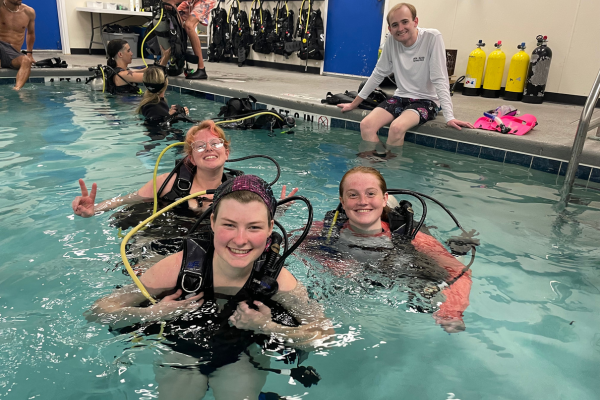
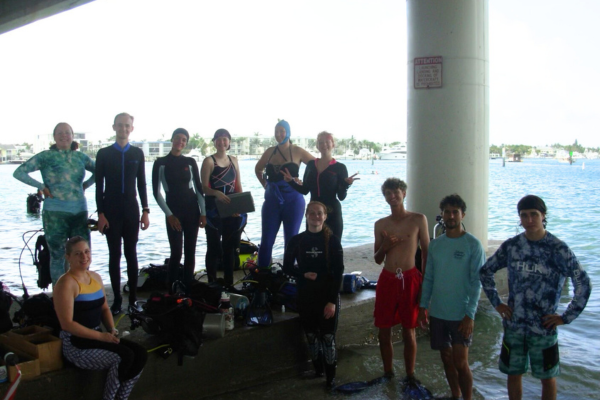
Sapelo
In July, students participated in Coastal Research Methods –a course that not only teaches students the skills to conduct research outside but has them apply them in asking their own research questions, collecting data, and then interpreting the results. The course “finale” is a week-long excursion to Sapelo Island, a barrier island off the coast of Darien, GA. Here students conducted multi-day water quality studies to assess how the chemistry of seawater changes with the tide, did ecological studies on marine invertebrates such as fiddler crabs and marsh periwinkle snails, participated in fish surveys that assessed biodiversity and size of fish inhabiting in the Duplin River, and analyzed sediment samples for organic matter composition. It is an intense week of field work, but results in skills acquired that students carry with them well beyond Coastal.
